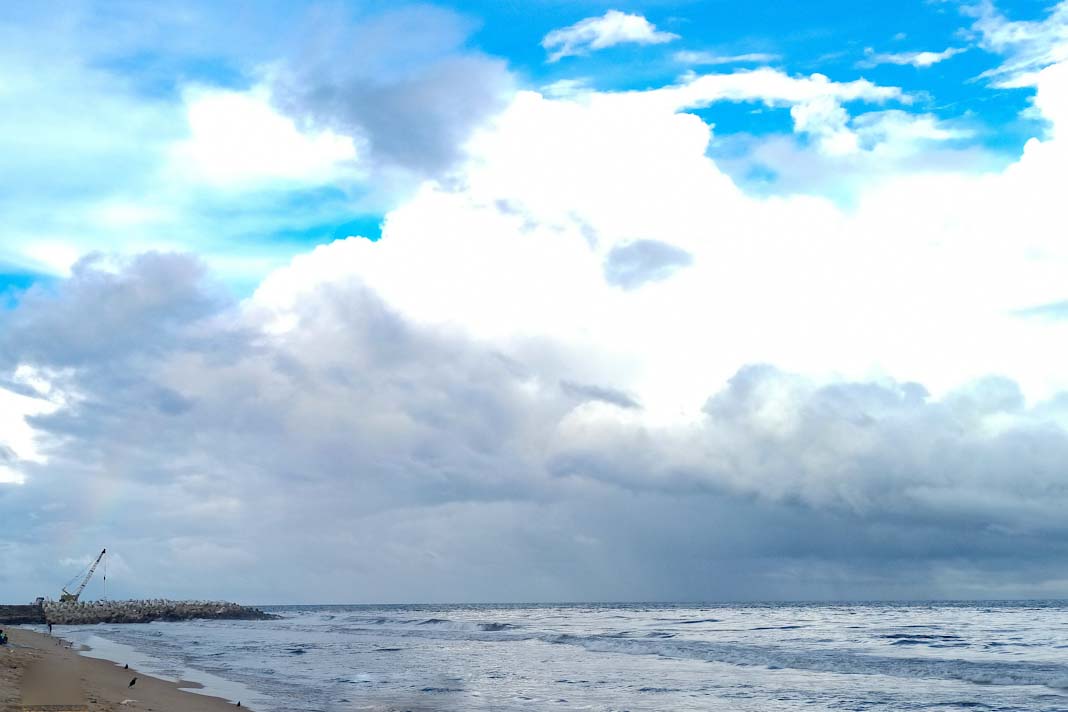- Israel’s military chief Halevi expects a prolonged conflict with Hamas.
- Intensified Israeli actions raise evacuation concerns.
- Israel remains determined to dismantle Hamas despite global calls for a ceasefire.
- Regional tensions escalate with Houthi attacks in the Red Sea and conflicts in Syria, Lebanon, and Iraq.
Israel’s Chief of Staff, Herzi Halevi, foresees the ongoing conflict with Hamas extending for several months. “There are no magic solutions, there are no shortcuts in dismantling a terrorist organization, only determined and persistent fighting…we will reach Hamas’ leadership too, whether it takes a week or if it takes months,” he adds.
Hamas launched an attack that killed almost 1,200 people and captured 240 hostages on Oct. 7 which is regarded as the deadliest day in Israel’s history. Israeli Prime Minister Benjamin Netanyahu has responded with an assault that has laid much of Hamas-ruled Gaza to waste.
Escalation and Evacuation Concerns
Israeli actions intensified, particularly around Christmas, in a central area south of Gaza. The Israeli army issued evacuation orders, prompting concerns about the safety of affected civilians and the absence of secure locations.
International Response and Ceasefire Calls
Despite global calls for a ceasefire in the 11-week-old conflict, Israel remains committed to dismantling Hamas. The recent surge in violence began with a deadly attack by Hamas on October 7, prompting a forceful response from Israeli Prime Minister Benjamin Netanyahu.
Humanitarian Crisis and Displacement
Palestinian health authorities report nearly 21,000 casualties from Israeli strikes, with extensive displacement among the enclave’s 2.3 million residents. Identification efforts are underway for 80 unidentified Palestinians buried in a Rafah cemetery.
Civilian Protection and U.S. Position
Israel asserts measures to protect civilians while blaming Hamas for endangering them. Even the United States, a close ally, calls for increased efforts to minimize civilian casualties, reflecting international concerns over the conflict’s human toll.
Regional Escalation
The conflict’s potential to spread beyond Gaza is evident, with Yemen’s Houthi militia claiming responsibility for a Red Sea ship attack and attempted drone assault on Israel. Tensions rise on multiple fronts, including an Israeli airstrike in Syria and Hezbollah firing anti-tank missiles on the Lebanon border.
Multi-Front War Dynamics
Israeli Defence Minister Yoav Gallant describes the situation as a “multi-front war,” involving theatres in Gaza, Lebanon, Syria, the West Bank, Iraq, Yemen, and Iran. The U.S. urges Israel to scale down operations, favouring targeted raids on Hamas leaders.
International Diplomacy
Israeli Minister of Strategic Affairs Ron Dermer engages in talks with U.S. officials in Washington on the war and hostage return. The U.S., perceived as a supporter of Israel, faces challenges in managing tensions, exemplified by retaliatory airstrikes in Iraq after a drone attack in Erbil.
Complexity and De-escalation Challenges
The complex situation underscores the challenges of de-escalating tensions and achieving a lasting resolution to the conflict. The recent U.S. military retaliatory airstrikes in Iraq highlight the intricate nature of the conflicts in the Middle East.
























